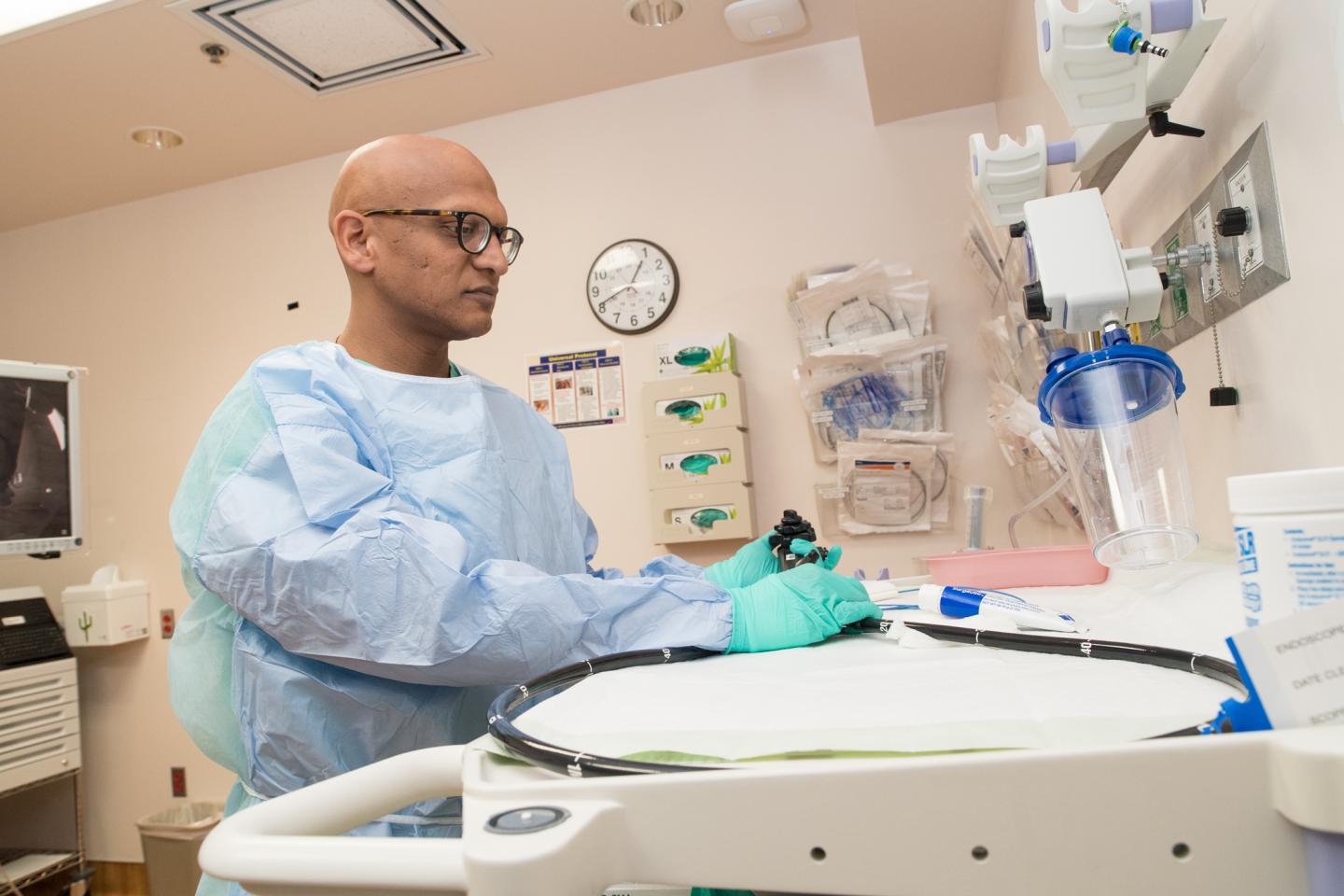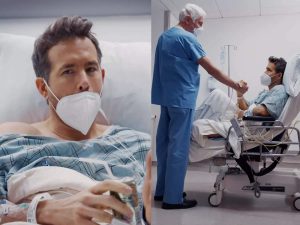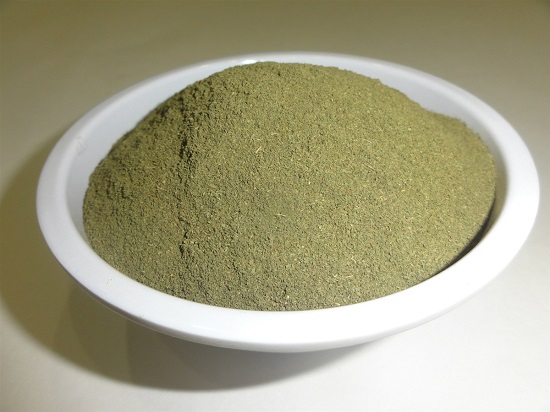During the procedure of abscess removal from the anus, which is a cavity within the anus, a small tunnel is formed that connects the abscess to the skin around the anus. Faeces are expelled from the body through the anus, which is a small opening. Several small glands inside the anus make mucus. Sometimes, these glands can become infected and clogged, leading to an abscess anal fistula surgery in Singapore. About half of these abscesses will eventually develop into fistulas.
A surgical procedure must be performed as a result of an anal fistula to be cured. An anal fistula is usually treated by a colon and rectal surgeon. This surgery aims to balance removing the fistula while protecting the anal sphincter muscles, which can cause incontinence. The treatment for this type of anal fistula surgery in Singapore, which lacks or has a very small sphincter muscle, is a fistulotomy, which is a procedure that cuts open the skin and muscle over the fistula tunnel, which makes the tunnel into an open groove, which allows it to heal from the bottom up.
Usually, fistula surgery occurs on an outpatient basis, meaning the patient can go home the same day the surgery was performed. A very large or deep fistula tunnel may require a short time in the hospital after the surgery if the tunnel is very large or deep. In some cases, removing the fistula completely may take several operations. It is believed that most fistulas can be treated effectively by surgery.

Following the operation, your surgeon may advise you to soak the fistula in a warm bath for a week, also known as a sitz bath, and to take stool softeners and laxatives. As you may also experience some pain or discomfort in the area following surgery, your physician will usually use a local anaesthetic such as lidocaine to reduce your discomfort and may prescribe a pain relief medication.
If an opioid medication is prescribed, it should only be used occasionally. Your physician may also conduct additional tests if a fistula is found to see if it is related to Crohn’s disease. Crohn’s disease patients with fistulas are about 25% more likely to develop the condition. Blood tests, X-rays, and colonoscopies are among the studies used.











